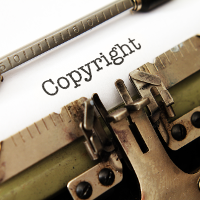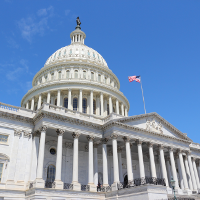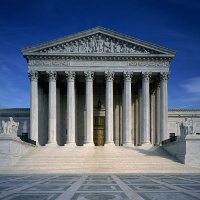The following post comes from Cala Coffman, a 2L at Scalia Law and Research Assistant at C-IP2.
 At the recent C-IP2 conference entitled IP on the Wane: IP on the Wane: Examining the Impacts as IP Rights Are Reduced, one panel discussed the current state of copyright law, the pressures it has come under in recent years, and their differing perspectives on how the digital world is shaping copyright. Read more
At the recent C-IP2 conference entitled IP on the Wane: IP on the Wane: Examining the Impacts as IP Rights Are Reduced, one panel discussed the current state of copyright law, the pressures it has come under in recent years, and their differing perspectives on how the digital world is shaping copyright. Read more


 By Liz Velander
By Liz Velander  Earlier this week, the Supreme Court handed down its
Earlier this week, the Supreme Court handed down its  In 2013, CPIP published a policy brief by Professor Bruce Boyden exposing the DMCA notice and takedown system as outdated and in need of reform.
In 2013, CPIP published a policy brief by Professor Bruce Boyden exposing the DMCA notice and takedown system as outdated and in need of reform.  The Second Circuit’s recent opinion in
The Second Circuit’s recent opinion in